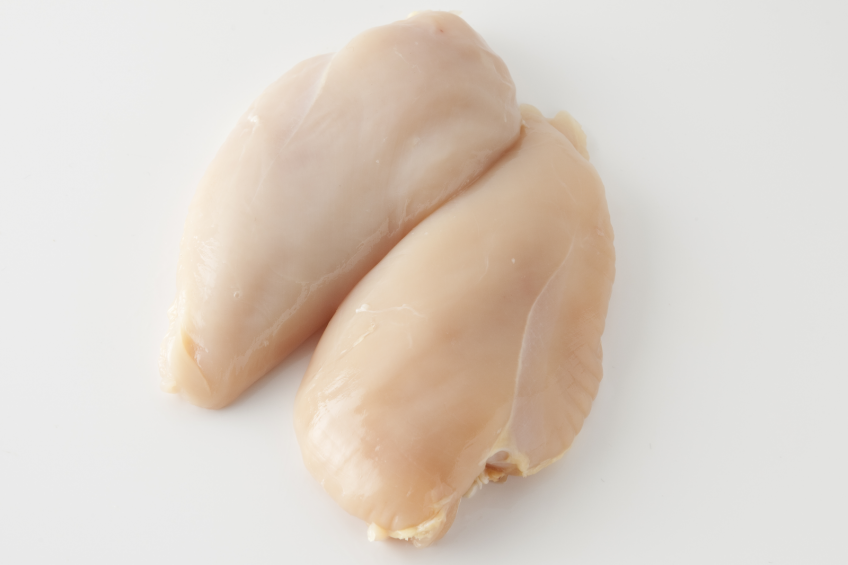High-dose irradiation of ready-to-eat fillets

Contamination of poultry products with spoilage or pathogenic bacteria due to failures in the manufacturing process represents a problem in the poultry production chain, including the ready-to-eat chicken meat products. Gamma radiation is the most effective method for sterilisation of food products.
Recently, studies have been carried out, focusing on the use of this technology for the development of foods with specific purposes: use in aerospace foods and foods for geriatric and immune-compromised patients.
Commonly, 40 to 50 kGy of high-dose irradiation is applied to ensure sterilisation of radiation-resistant fungi and bacteria. The main concern is Clostridium botulinum. The effect of high-dose irradiation on the physical, chemical, and bacteriological parameters of ready-to-eat vacuum-packed broiler breast meat after 430 days of storage at room temperature was investigated. Ready-to-eat broiler breast fillets were grilled, and vacuum-packed (primary packaging). The gamma radiation caused slight changes (P < 0.05) in the moisture and fat content, regardless of storage temperature. The preservation methods used were effective in maintaining the mesophilic counts below the detection level during the entire storage period.
[Source: R. F. Baptista , C. E. Teixeira , M. Lemos, M. L. G. Monteiro , H. C. Vital , E. T. Marsico, C. A. Conte Junior and S. B. Mano, Poultry Science 93]













